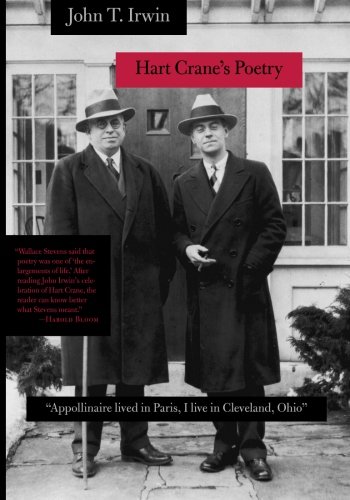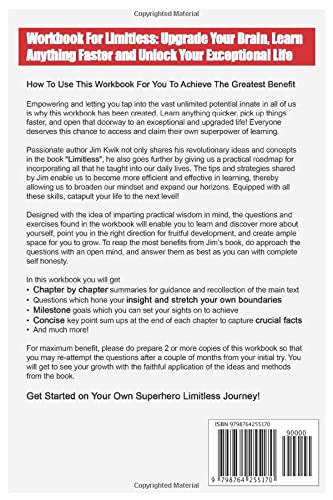Hart Crane’s Poetry: “Appollinaire Lived in Paris, I Live in Cleveland, Ohio”
₱2,961.00
Product Description
Honorable Mention, Literature, 2012 PROSE Awards, Professional and Scholarly Publishing Division of the Association of American Publishers
2012 Outstanding Academic Title, Choice Magazine
In one of his letters Hart Crane wrote, “Appollinaire lived in Paris, I live in Cleveland, Ohio,” comparing―misspelling and all―the great French poet’s cosmopolitan roots to his own more modest ones in the midwestern United States. Rebelling against the notion that his work should relate to some European school of thought, Crane defiantly asserted his freedom to be himself, a true American writer. John T. Irwin, long a passionate and brilliant critic of Crane, gives readers the first major interpretation of the poet’s work in decades.
Irwin aims to show that Hart Crane’s epic The Bridge is the best twentieth-century long poem in English. Irwin convincingly argues that, compared to other long poems of the century, The Bridge is the richest and most wide-ranging in its mythic and historical resonances, the most inventive in its combination of literary and visual structures, the most subtle and compelling in its psychological underpinnings. Irwin brings a wealth of new and varied scholarship to bear on his critical reading of the work―from art history to biography to classical literature to philosophy―revealing The Bridge to be the near-perfect synthesis of American myth and history that Crane intended.
Irwin contends that the most successful entryway to Crane’s notoriously difficult shorter poems is through a close reading of The Bridge. Having admirably accomplished this, Irwin analyzes Crane’s poems in White Buildings and his last poem, “The Broken Tower,” through the larger context of his epic, showing how Crane, in the best of these, worked out the structures and images that were fully developed in The Bridge.
Thoughtful, deliberate, and extraordinarily learned, this is the most complete and careful reading of Crane’s poetry available. Hart Crane may have lived in Cleveland, Ohio, but, as Irwin masterfully shows, his poems stand among the greatest written in the English language.
Review
“Irwin has written a book of heroic meticulousness which justifies the work of Crane to the mature and the scholarly… A capacious and provocative study.” (Vidyan Ravinthiran
Times Literary Supplement)
“Crane and his admirers are beneficiaries of Irwin’s fine book, the most learned, perceptive, comprehensive analysis of the work ever published… Essential.” (
Choice)
“A welcome addition to the critical shelf on the poet… the most deeply felt and closely argued case thus far for Hart Crane as not merely an accomplished poet but an impressively learned one at that.” (George Monteiro
Sewanee Review)
“John T. Irwin’s Hart Crane’s Poetry is a late arrival from 2011 that merits notice and returning attention… Irwin does a great service in making this wide-ranging analysis available in a single volume.” (
The Year’s Work in English Studies)
“A difficult poet―Pindar, Shelley, and Rimbaud fused into one creative mind―Crane has defeated most commentary until now. Irwin reverses that dark failure. Decades of maturation have brought this study to an apotheosis. Wallace Stevens said that poetry was one of ‘the enlargements of life.’ After reading John Irwin’s celebration of Hart Crane, the reader can know better what Stevens meant.” (Harold Bloom)
“The fullest, deepest, most discerning, most instructive reading of The Bridge ever produced. An event in Crane criticism.” (Langdon Hammer, editor of
Hart Crane: Complete Poems and Selected Letters)
“As always with Irwin’s work, his poetry and his critical studies, enlargement is not only of life―of Crane’s and indeed of the reader’s―but of the life of reading itself.” (Richard Howard)
“What a gift John Irwin has given us in this, his in-depth, articulate, and convincing reading of Hart Crane’s poetry. I know of nothing to compare with Irwin’s analysis of this young visionary whos













